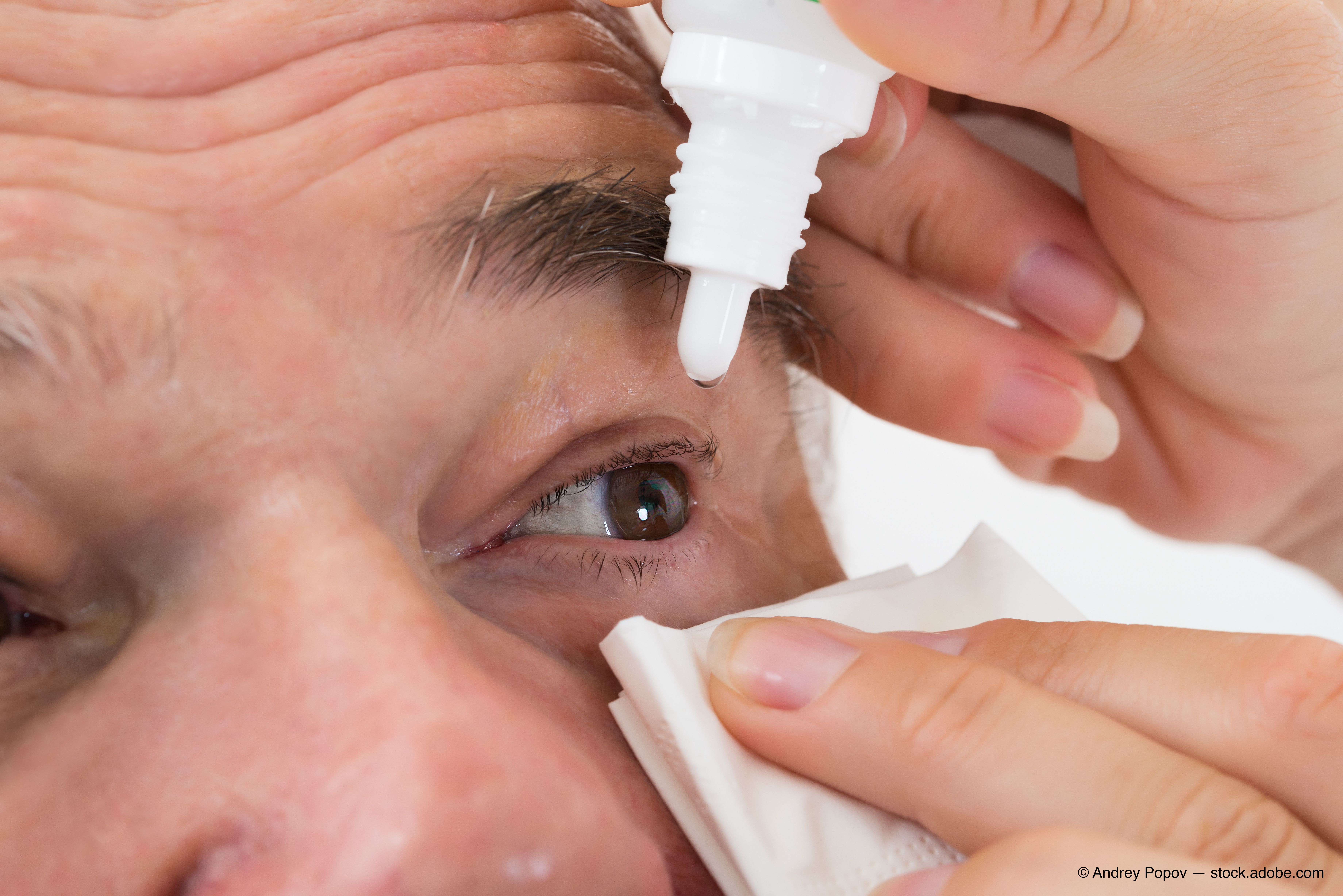Orasis Pharmaceuticals reports phase 2b trial results for presbyopia eye drop candidate
Trial data finds that CSF-1 (pilocarpine hydrochloride 0.4%), a preservative-free ophthalmic solution, met both its primary and secondary endpoints.
Orasis Pharmaceuticals has released the phase 2b data demonstrating the safety and efficacy of its novel eye drop candidate, CSF-1, for the treatment of presbyopia.
The data, announced on Saturday, was presented during the 2022 American Society for Cataract and Refractive Surgery (ASCRS) annual meeting in Washington, DC.

CSF-1 (pilocarpine ) is a proprietary, preservative-free formulation of low-dose pilocarpine and multi-faceted vehicle that was created to acheive an optimal balance between efficacy, safety, and comfort, according to the company.
CSF-1 works by improving near VA with pupil modulation, which results in a "pinhole effect" and an increase in the depth of field as well as an increase in the abililty to focuse on near objects.
Two paper sessions were presented on Monday during the ASCRS meeting that provided details on the phase 2b study results and a post-hoc analysis.
The first session (presented on Monday) reported that the trial results showed that CSF-1 met its primary endpoint: 47% of participants in the CSF-1 group achieved a 3-line or more gain in DSNVA 1-hour post-treatment on Day 15 compared to 16% in the vehicle group (P=0.0002), the company reported.
The company also reported the trial’s second endpoint was also met, with 80% of participants in the CSF-1 group achieving a 2-line or more gain in the DCNVA versus only 43% in the vehicle group (P=0.0001).
Overall, CSF-1 displayed tolerability with a favorable safety profile. Among treatment-related adverse events, the most reported were the following: Over 5% of participants included site pain (5.5%); headache (9.1%); and vision blur (10.9%). All reported adverse events in the study were mild, transiet, and self-resolving.
Presenting author Marjan Farid, MD, stated in the news release that—in addition to the trial meeting its primary endpoin—achieving the secondary endpoint of a 2-line or more gain is clinically meaningful—especially for early presbyopes whose vision is not yet severely impacted.
“We’re also encouraged that there was no negative impact on distance or night vision, which is critical when looking at the potential benefit of an investigative treatment like CSF-1 could bring to patients to help them manage in their day-to-day lives,” Farid said, in a statement.
The second paper session, a posthoc analysis of the data, reported that the trial met its primary endpoint of sustained improvement: 47% of participants showed an improvement of 20/40 VA level or better over the course of an 8-hour period on Day 15 following 1 dose of CSF-1.
The company also reported that, in both monocular and binocular measurements, the proportion of trial participants who achieved sustained DCNVA improvement was higher in the CSF-1 group when compared to vehicle for participants that was assessed for sustained 20/40 vision across all time points (P<0.05).
See more presbyopia coverage
Newsletter
Want more insights like this? Subscribe to Optometry Times and get clinical pearls and practice tips delivered straight to your inbox.